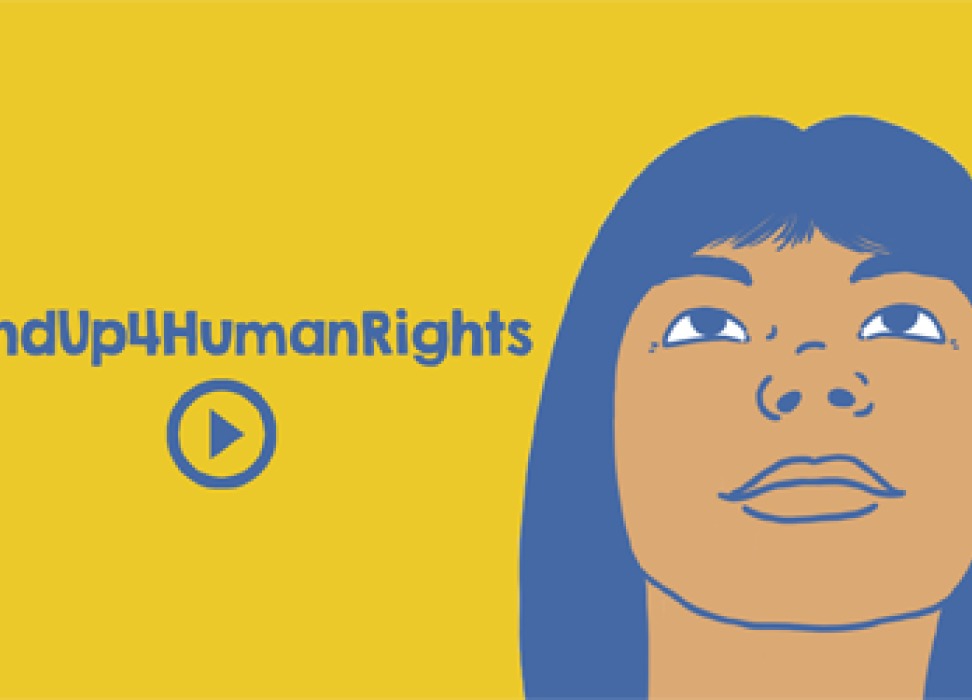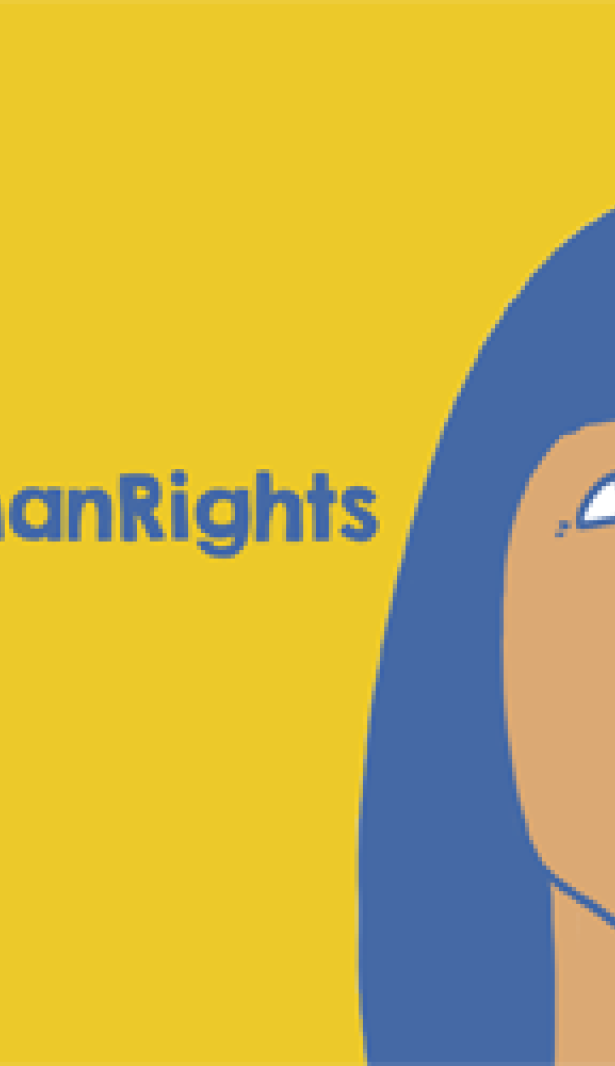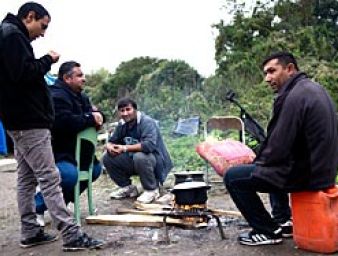Values we all share in migrant voices that long to be heard
18 December 2017

“The jobs I remember the most are dad being a bartender at night, but he would also clean the bars during the day,” says Isaac, in conversation with his sister Montse and his brother Rodrigo. “As we grew up we started working and we started helping him clean. And he taught us what good work looks like.”
“You are walking down downtown at five in the morning carrying the vacuum on your back, and you know sometimes you feel bad or a little bit of shame,” Montse added. “But then I remember carrying that vacuum on my back and then just staring up at my dad and he had his head high - really high.”
“And so I was like, 'nope.' If he has his head up high and he is proud of his work I don't have to be feeling these things.”
The siblings reminisced on their experience as young migrants of Latin American descent living in the Unites States, in the first of a series of animated films produced by the UN Human Rights Office.
The videos aim to dispel negative public perceptions of migrants, which, it says, are often based in fear, misperception and prejudice, by giving a voice to migrants themselves, their families and friends.
“Anti-migrant discourse in the political sphere, the media and public debate have become commonplace and are often used for cheap political gains, or as a means of boosting sales,” says in a statement to mark International Migrants’ Day Peggy Hicks, Director of the Office’s Thematic Engagement, Special Procedures and Right to Development Division.
“Migrants are demonised, vilified and used as scapegoats for deep-rooted fears about terrorism, crime, unemployment, and welfare systems.”
Existing data shows that the vast majority of migrants contribute, integrate and enhance the societies where they live. Hearing from migrants themselves brings to light universal values – such as the work ethic demonstrated in the video by the siblings’ father.
“By having conversations with those we perceive as different, by listening to their experiences as individuals, we can recognise how we all share a longing to belong, a quest for equality and a right to human dignity,” Hicks adds. “Ultimately, the shared values of human rights connect us all and lay testimony to our common humanity. We realise that we have more in common than that which divides us.”
Watch and listen to Isaac, Montse and Rodrigo’s story below.
18 December 2017




